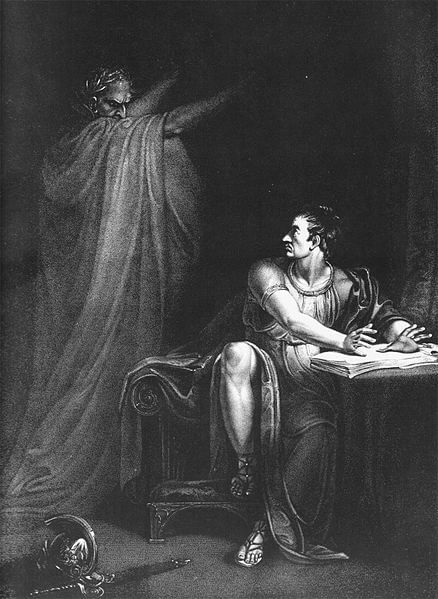Marco Andreacchio was awarded a doctorate from the University of IIllinois for his interpretation of Sino-Japanese philosophical classics in dialogue with Western counterparts and a doctorate from Cambridge University for his work on Dante’s Platonic interpretation of religious authority. Andreacchio has taught at various higher education institutions and published systematically on problems of a political-philosophical nature.

